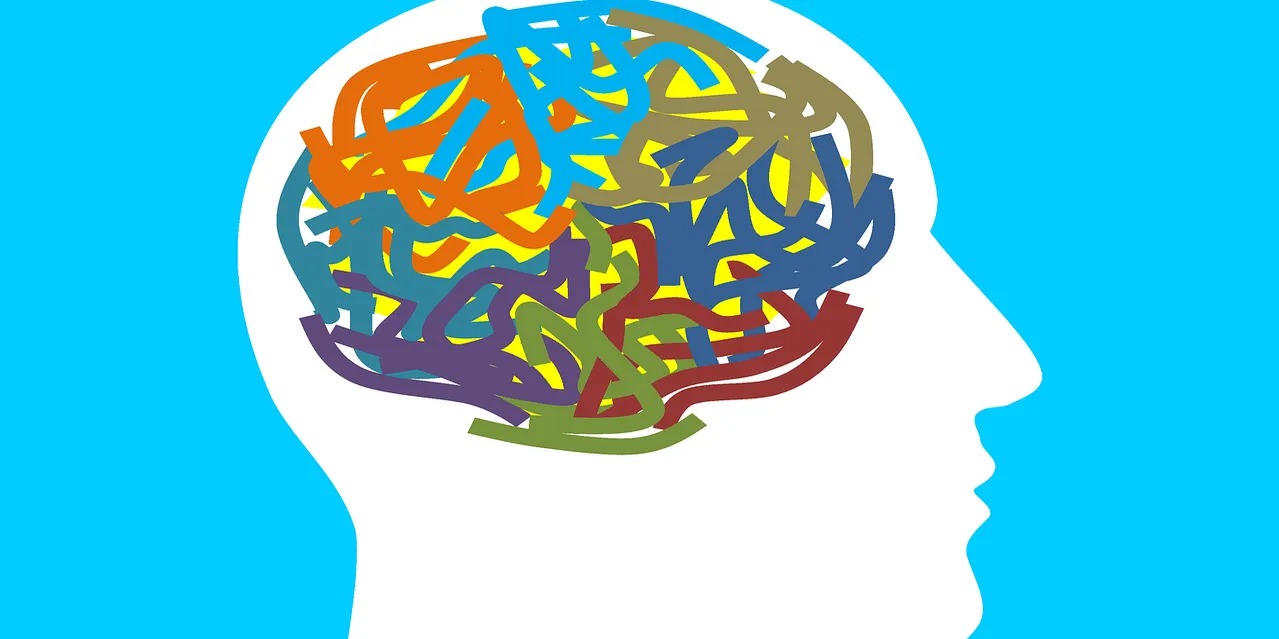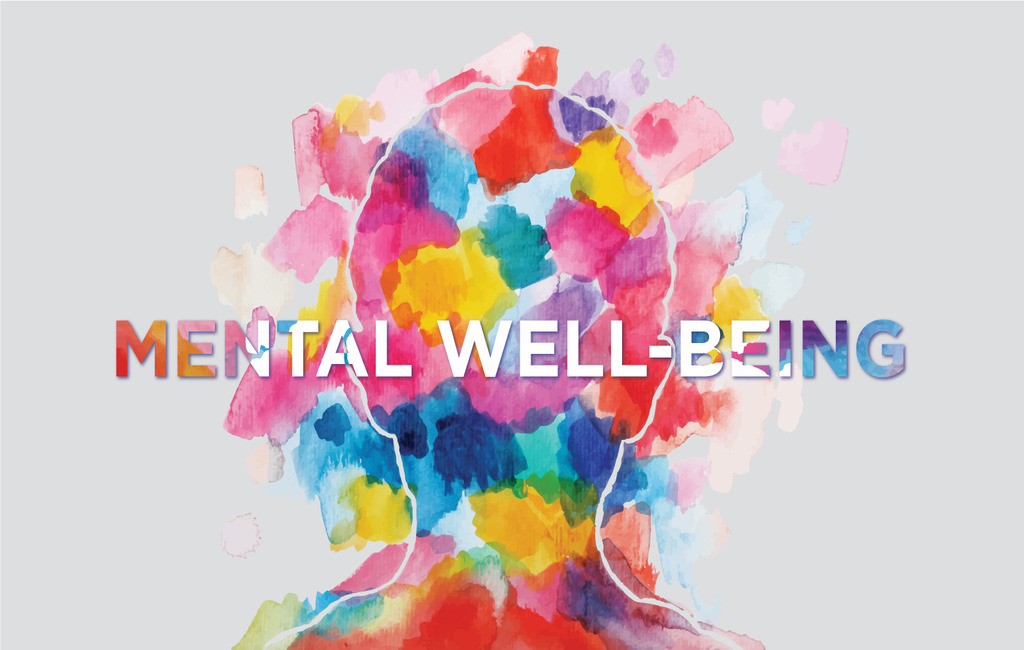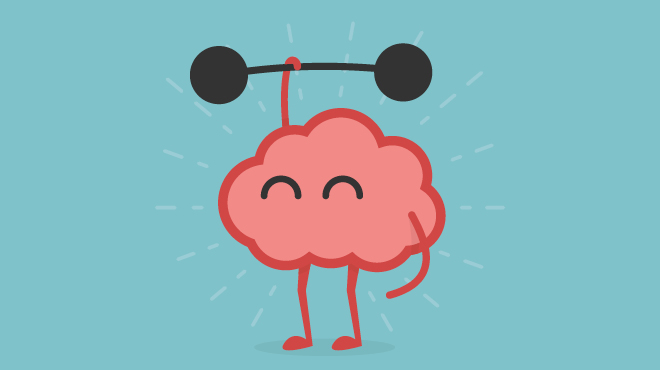Harmony Within: Balancing Mental Health and Emotional Stability
By Ashmal Shah
20 July 2023
In the hustle and bustle of modern life, maintaining harmony between mental health and emotional stability has become an increasingly challenging task. Our mental and emotional well-being are interconnected, with one significantly impacting the other. Striking a balance between the two is crucial for leading a fulfilling and resilient life. This article delves into the significance of mental health and emotional stability, exploring ways to achieve harmony within ourselves amidst the complexities of daily existence.

Understanding Mental Health and Emotional Stability

Mental Health: The Foundation of Well-being
Mental health refers to our cognitive, emotional, and behavioral well-being. It encompasses how we think, feel, and act, influencing how we handle stress, make choices, and relate to others. A positive state of mental health enables us to cope with life's challenges, maintain productive relationships, and embrace personal growth.
Emotional Stability: Navigating the Storms
Emotional stability is the ability to maintain emotional balance, even in the face of adversity. It involves being in control of our emotions, managing stress effectively, and responding to situations with composure. Emotional stability empowers us to weather life's storms without being overwhelmed by negative emotions.
The Interplay Between Mental Health and Emotional Stability

Mental health and emotional stability are closely intertwined, forming a delicate dance that impacts our daily lives. A healthy mind lays the foundation for emotional stability, while emotional stability, in turn, supports positive mental health.
How Mental Health Affects Emotional Stability
- A well-nurtured mind promotes emotional regulation and reduces the risk of mood swings.
- A positive mindset fosters resilience, helping individuals bounce back from emotional setbacks more effectively.
Managing anxiety and stress through mental health practices enhances emotional stability.
How Emotional Stability Impacts Mental Health
- Emotional stability contributes to reduced levels of anxiety, depression, and other mental health issues.
- The ability to handle stress enhances mental clarity and decision-making capabilities.
- Cultivating emotional stability fosters healthier relationships and social connections, supporting mental well-being.
Embracing Mindfulness for Mental Clarity

The Power of Mindfulness
Mindfulness, a trending keyword in the realm of mental health, is the practice of being fully present in the moment, without judgment. By cultivating mindfulness, individuals can foster mental clarity, reduce stress, and enhance emotional stability.
Integrating Mindfulness Into Daily Life
- Incorporate mindfulness meditation into your routine, starting with a few minutes each day and gradually extending the duration.
- Practice mindful breathing exercises during moments of stress or emotional upheaval to regain composure.
- Engage in mindful activities such as yoga, walking in nature, or journaling to anchor yourself in the present moment.
Cultivating Emotional Intelligence for Resilience

Understanding Emotional Intelligence
Emotional intelligence is the ability to recognize, understand, and manage our own emotions and empathize with the emotions of others. It plays a significant role in fostering emotional stability and enhancing mental health.
Nurturing Emotional Intelligence
Practice self-awareness by reflecting on your emotions and their triggers.
Develop empathy by actively listening to others' feelings and perspectives.
Learn techniques to manage emotions constructively, such as deep breathing or reframing negative thoughts.
Seeking Support: The Importance of Connection
Breaking the Stigma
The stigma surrounding mental health can deter individuals from seeking help. Encouraging open conversations about mental health and emotional struggles can break down barriers and promote a supportive environment.
Professional Support and Community
Reach out to mental health professionals or support groups to navigate challenges and develop coping strategies. Connecting with others who share similar experiences can foster a sense of belonging and reduce feelings of isolation.
Conclusion
In the pursuit of a harmonious life, balancing mental health and emotional stability is essential. Understanding the interplay between the two and embracing mindfulness and emotional intelligence can pave the way for resilience and well-being. By seeking support and nurturing our emotional and mental well-being, we can cultivate harmony within ourselves and embark on a journey of self-discovery, growth, and fulfilment.
You Might Also Want To Read This
Popular Posts







